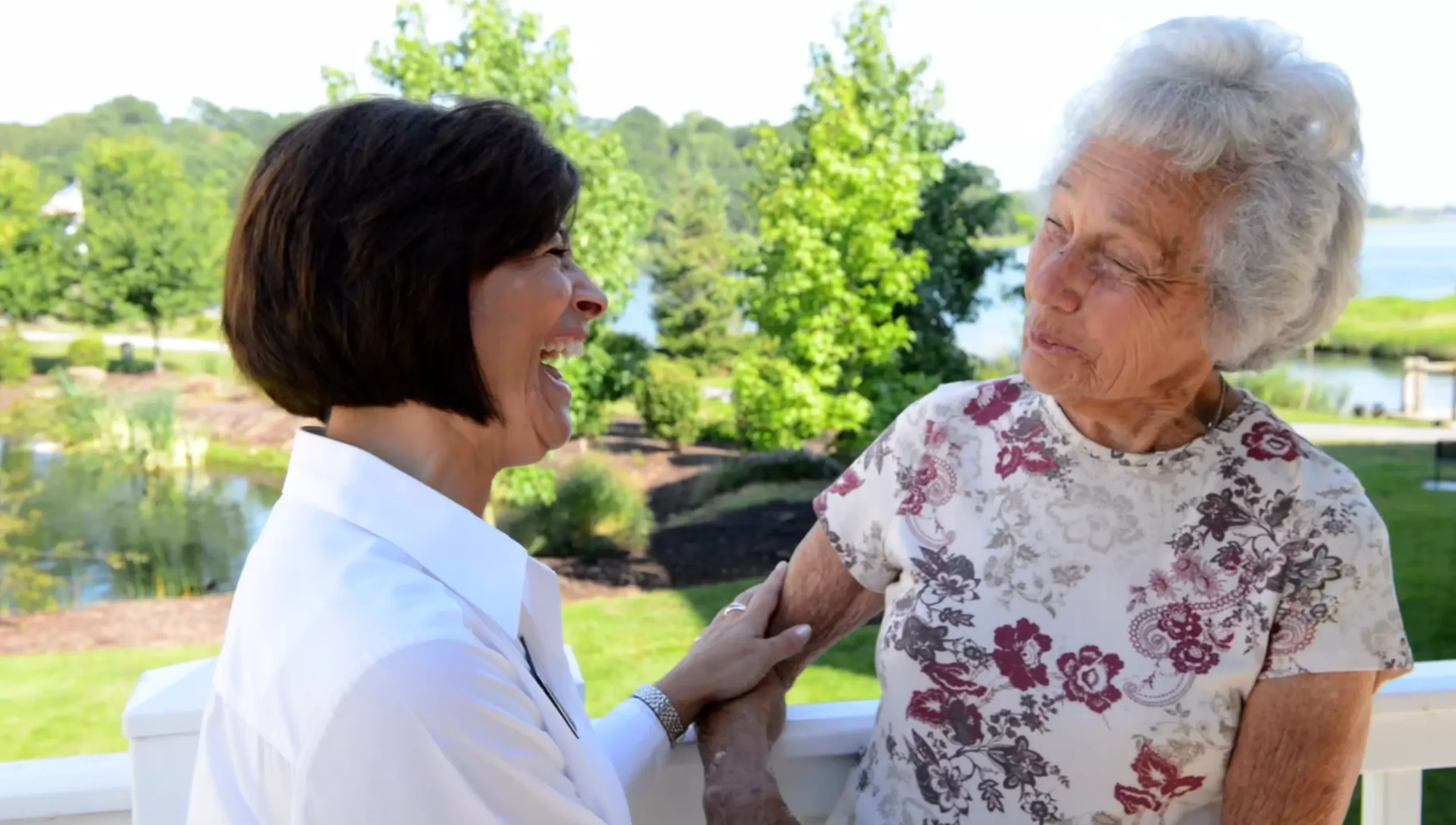Discussing assisted living with a loved one can feel overwhelming. It’s one of those conversations that requires compassion, patience, and understanding. Many families struggle to communicate about such a big life change. Yet, the right words and timing can help ease the transition into this next chapter. You’re not alone if you’re wondering how to approach this sensitive subject. Whether your loved one lives in Scottsdale or elsewhere, assisted living care is a major decision. Keywords like assisted living care, talking about assisted living, Scottsdale assisted living, and how to talk about assisted living are here to help families navigate this moment.

Understand the Reasons Behind the Move
Before talking to your loved one, understand why assisted living care might be needed now. Maybe they are facing health challenges, or they’re finding daily tasks harder to manage. Their safety, happiness, and well-being are at the heart of this conversation. Take time to reflect on specific examples that have raised concerns for you.
Being prepared with reasons helps keep the conversation focused. Speak from the heart but include facts, too. This isn’t about forcing a decision. It’s about offering support during a time of change.
Choose the Right Time and Place
Timing plays a big role in how well your message is received. Find a quiet, comfortable place without distractions. Avoid stressful moments or times when your loved one may feel tired or unwell. Make sure they feel safe, loved, and respected before starting the talk.
Having this conversation early, before a crisis, helps everyone adjust more easily. Introduce the idea gently, allowing time for your loved one to process the thought.
Speak with Compassion and Honesty
Begin by expressing your love and concern. Use “I” statements like, “I’ve noticed you seem tired lately, and I’m worried about you.” This keeps the focus on your care for them rather than what they’re doing wrong.
Be honest about what you’ve observed, but avoid sounding critical. Let them know you want the best for them and want to help find a solution together.
Listen More Than You Speak
After you share your thoughts, give your loved one plenty of time to respond. They might feel scared, angry, or even relieved. Whatever emotions come up, listen with empathy. Don’t rush them into an agreement. Acknowledge their feelings, even if you don’t fully understand them.
Ask open-ended questions like, “How do you feel about getting some extra help?” or “What worries you the most about this?” Their answers can guide the next steps and show them that their voice matters.
Involve Them in the Decision
No one wants to feel like choices are being made for them. Involve your loved one in researching different assisted living care options. If possible, visit a few places together. Show them that they have control over where they live and how they’ll be cared for.
In Scottsdale and many cities, assisted living homes offer tours. Take advantage of these visits to ease fears and highlight the benefits. Sometimes seeing friendly faces and welcoming environments can help change their view.
Highlight the Positive Aspects
Many people fear losing their independence in assisted living care. Focus on what they’ll gain, not just what they’re leaving behind. Talk about freedom from chores, better access to healthcare, and the chance to meet new friends.
Explain that assisted living isn’t about giving up—it’s about enhancing quality of life. Share stories of others who have made the move and found joy in their new community.
Be Patient and Give Them Time
This process often takes more than one conversation. Don’t expect them to agree right away. Give them space to think and revisit the topic as needed. Stay patient, and remind them that your goal is to support, not pressure.
Change is hard, but your steady presence can make a huge difference. Let them know you’ll be there every step of the way.
Consider Professional Help if Needed
Sometimes, families need extra support when these conversations become difficult. A doctor, social worker, or counselor can help explain why assisted living care might be necessary. Having a trusted third party involved may help your loved one hear the message in a new way.
Don’t hesitate to seek out resources in your area. In Scottsdale, many assisted living communities also offer counseling services for families going through this transition.
Leading With Love
Talking about assisted living care with a loved one is never easy, but it’s a step made out of love. Focus on what’s best for their happiness, safety, and dignity. With the right approach, patience, and open communication, you can help guide them toward a better future.
Ready to Start Talking About Assisted Living? We’re Here to Help
If you’re ready to take the next step in talking about assisted living with someone you love, don’t do it alone. At [Your Company Name], we offer compassionate guidance and resources to help families explore Scottsdale assisted living options.
Let us help you find the right care, in a place where your loved one can thrive.



